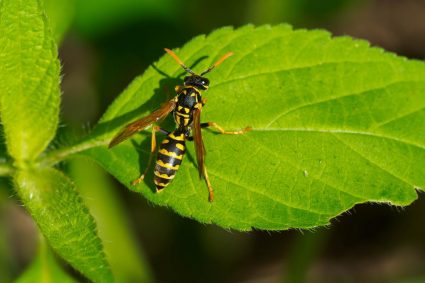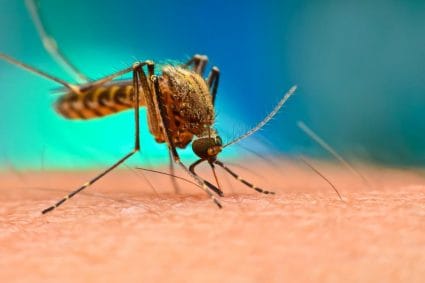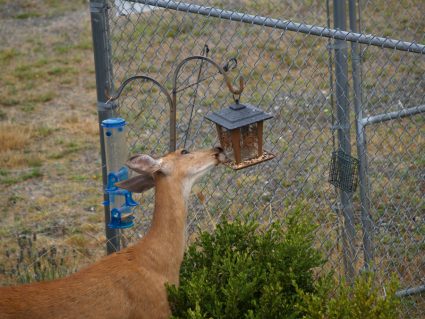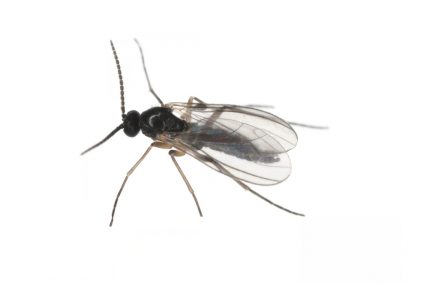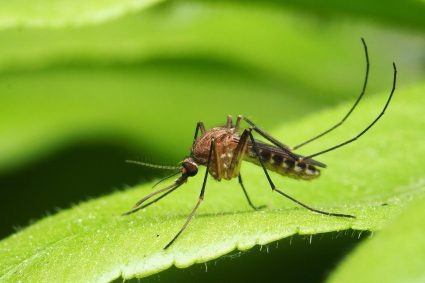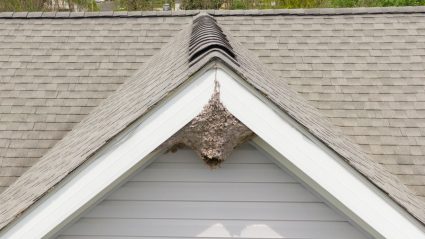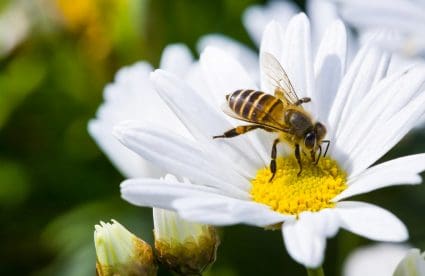
Birds are a delightful sight in any garden, their chirping music to the ears. However, sometimes they can become a nuisance, especially when they start to feed on your favorite plants or leave their droppings everywhere. If you’re facing such an issue, you might be wondering, “What plants do birds hate?”
It might surprise you to know that certain plants can deter birds from your garden due to their specific characteristics. This article will explore these bird-unfriendly plants in detail, helping you create a bird-free sanctuary in your garden if needed.
Birds tend to dislike plants with strong scents, thorny or spiny structures, toxicity, and those hosting toxic insects. Some specific plants that birds are known to avoid include lavender, garlic, eucalyptus, lemongrass, citronella, mint, and marigold. Please note that every bird species is unique, so it may take some experimentation to find what works best for your garden.
Plants Birds Dislike
Here are some plants that birds tend to avoid:
- Lavender: Known for its strong scent, lavender is disliked by some birds.
- Garlic: Birds are not fond of garlic and its pungent smell.
- Eucalyptus: The strong aroma of eucalyptus can deter birds.
- Lemongrass: Another plant with a strong scent, lemongrass can help keep birds away.
- Citronella: Widely disliked by birds and other pests, citronella can be an effective deterrent.
- Mint: Mint is another plant that can help create an unwelcoming environment for birds.
- Marigold: Planting marigolds around your property can help deter birds due to their scent.
In addition to these plants, birds tend to avoid white flowers, as the color signals danger to them. By incorporating these plants and avoiding white flowers in your garden, you can create a less appealing environment for birds and help keep them away from your plants.
Characteristics of Plants Birds Avoid
Birds generally avoid plants with the following characteristics:
- Thorny or spiny structures: Birds generally avoid plants with thorns, spines, or prickles, as these can cause injury or discomfort. Examples of such plants include roses, cacti, and barberry.
- Toxicity: Some plants contain toxins that can be harmful or even fatal to birds. Examples of toxic plants for birds include lilies, daffodils, ivy, shamrocks, onions, rhubarb leaves, avocados, and garlic.
- Strong or unpleasant odors: Birds are sensitive to certain smells and tend to avoid plants with strong or unpleasant odors. Examples of such plants include those with a strong mint or garlic scent.
- Plants hosting toxic insects: Birds may learn to avoid plants that host toxic insects, as consuming these insects can be harmful to them.
Impact on the Ecosystem
Birds disliking certain plants can have various impacts on the ecosystem. These impacts include declines in pollination and seed dispersal, changes in plant diversity, effects on herbivory, impacts on bird communities, and indirect effects on other species.
Using this Information in Garden Design
While bird-unfriendly plants do not play a significant role in attracting birds to a garden or landscape design, they can be used strategically to deter birds from specific areas. This can be particularly useful when trying to protect certain plants or areas from bird activity. However, it’s important to remember that birds also play a crucial role in maintaining a healthy garden ecosystem, from controlling pests to aiding in pollination, so a balance should be struck.
Natural Bird Control Method
The aversion of certain birds towards specific plants can be used as a natural bird control method. By incorporating bird-unfriendly plants into your garden, you can create a less appealing environment for birds, naturally deterring them from your yard.
In conclusion, understanding what plants birds dislike can be a powerful tool for managing your garden and creating a space that meets your needs, whether that’s attracting a variety of birdlife or deterring them from certain areas. Remember, every bird species is unique, with its preferences and aversions, so it may take some experimentation to find what works best for your garden.
Frequently Asked Questions
Can I use these bird-unfriendly plants even if I have pets at home?
Yes, you can. However, you need to ensure the plants are not toxic to your pets. For example, garlic and onions are toxic to dogs and cats. Always research or consult with a vet before introducing new plants to your garden.
Will these bird-unfriendly plants completely keep birds away from my garden?
Not necessarily. While these plants can deter birds, they may not completely keep them away. Birds may still visit your garden for other reasons, such as available food sources, water, or shelter.
Do all birds dislike the same plants?
No, bird preferences can vary by species. While the plants listed in this article are generally disliked by birds, there may be exceptions. Some birds may not be bothered by certain smells or may even be attracted to certain colors that others avoid.
What if I want to attract birds to my garden?
If you want to attract birds to your garden, you can plant bird-friendly plants, provide bird feeders and water sources, and create sheltered nesting spots. Avoid using pesticides, which can harm birds and the insects they feed on.
Can I use bird-unfriendly plants in my vegetable garden?
Yes, you can. In fact, many bird-unfriendly plants like garlic, lemongrass, and mint, can also deter other pests, making them a good choice for vegetable gardens. Just ensure the plants you choose are compatible with the vegetables you’re growing.

